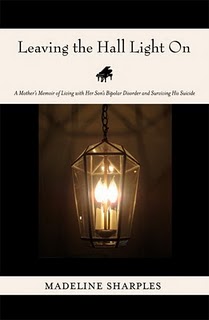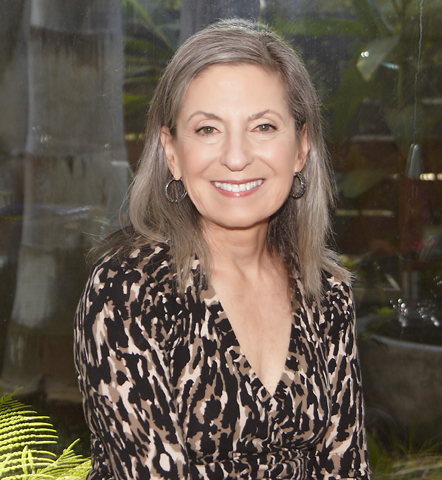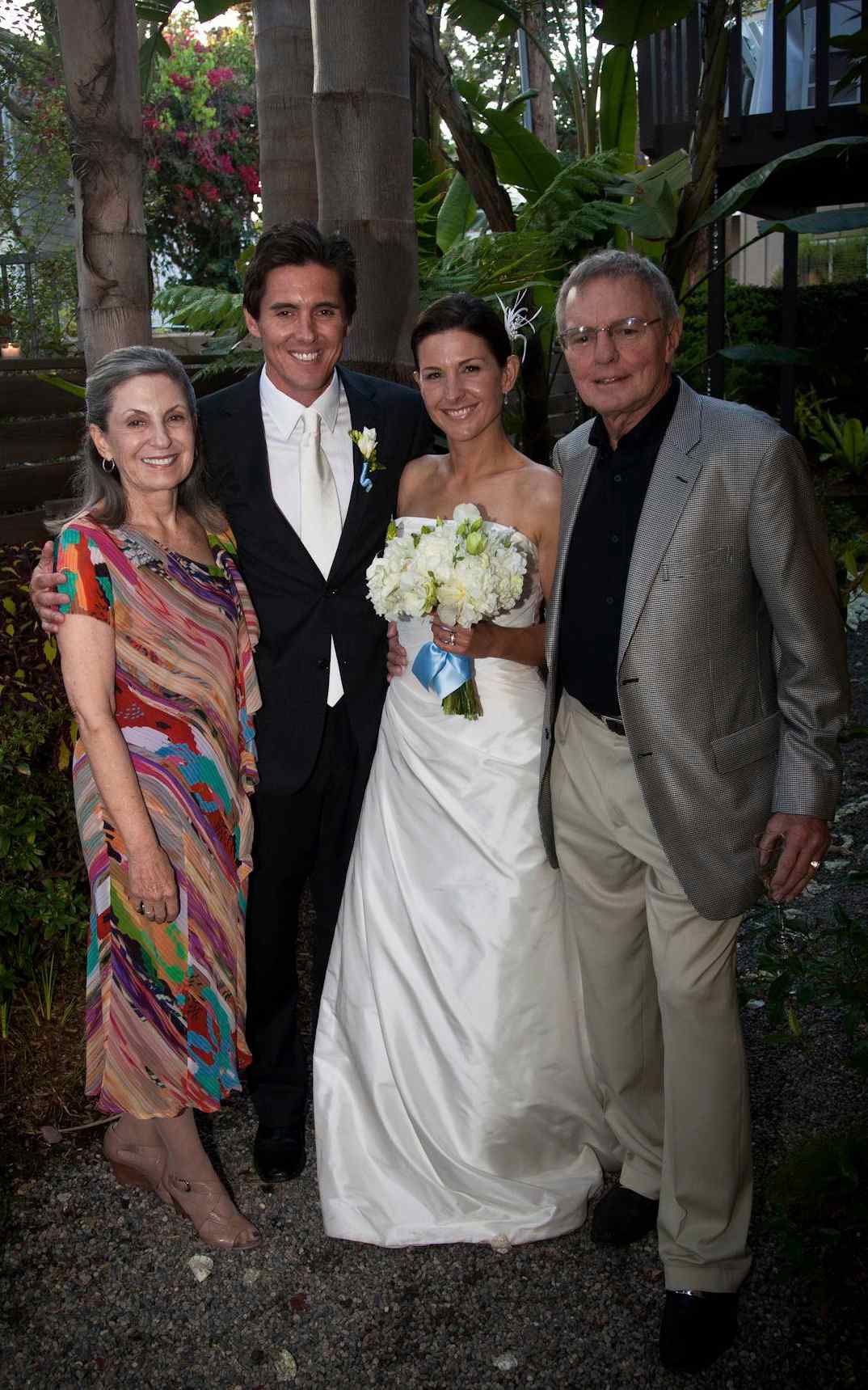 Today I am pleased to welcome Madeline Sharples to Colloquium! Madeline is the author of an important new book.
Today I am pleased to welcome Madeline Sharples to Colloquium! Madeline is the author of an important new book.
Leaving the Hall Light On is about living after loss. It is about finding peace and balance in the aftermath of the most devastating loss a parent can experience. Sharple’s son, Paul, struggled for seven years with a mental disability, bipolar disorder. Tragically, he committed suicide in September 1999. Sharples writes that she felt out of control and unable to help her son. She shares the realities of Paul’s illness, describing the frustration, anger, and guilt that stem from caring for an adult child with a mental disability.
In Leaving the Hall Light On, Sharples describes the steps she took to learn to live with her loss, discussing the “milestones” she achieved in her quest to continue living a full life that no longer included Paul. First and foremost, she emphasizes that she chose to live and take care of herself as a woman, wife, mother to her surviving son, and writer. Leaving the Hall Light On shows readers that grief is love in action. “To let ourselves grieve is to feel the depth of our love for as long as it takes. For those of us whose children have died, that may take the rest of our lives, but we will discover the gifts of our loss in the process,” Sharples writes.
Using Memoir Writing to Deal with Grief
Even before my son Paul died, I started writing about him and his bipolar disorder. I kept a journal to get out the frustrations of dealing with his episodes and hospitalizations and erratic behavior, and I took several classes and workshops at the University of California at Los Angeles Extension writing program, Esalen Institute in Big Sur, California, and at a private class in Los Angeles. Thankfully, all my classmates were willing to hear me read my dark, raw pieces about my grief for years. At first I thought I would write a memoir about Paul’s illness and how he recovered from it.
That is not as it turned out. My memoir describes how I’ve worked to survive after his death by suicide as a result of his illness.
This loss, considered the worst that can befall a family, felt like the fabric of my life was ripped in two. However, through writing I was able to explore who I am now and what I needed to do to repair my changed world. I was even able to discover the gift this horrendous and profound loss gave me – that I became a much stronger me.
Writing about the unhappiness and tragedy in my life transfers the pain from my body onto the page. Writing is like an addiction to me; I get itchy if I don’t do it. So writing became my therapy. Writing helped me find a balance between keeping Paul’s memory alive and moving on with the rest of my life.
I wrote for many years just to ease my pain and record my memories about my son. When I finally had enough journal entries, pieces from my writing classes and workshops, and poetry (that I began to write poetry was another gift), I began to form a memoir about my family’s experience. I felt that if my memoir inspires just one family in the same situation to survive, it would be a success.
My office, where I write, is like magic to me. I could spend all day in there and never feel confined. I see the outside garden and the fountain from my writing table. The fountain attracts the most beautiful orange and yellow birds. Some have red heads, some take little dips in the pool, some surf on the leaves that hang over the fountain, some just hover over the water, too wary to wade in. The time I spend writing in my office makes me feel so good. Writing leaves me no time for grieving.
Meet Madeline

Madeline co-authored a book about women in nontraditional professions, Blue-Collar Women: Trailblazing Women Take on Men-Only Jobs (New Horizon Press, 1994) and co-edited a poetry anthology, The Great American Poetry Show, Volumes 1 (Muse Media, 2004) and 2 (August 2010). She wrote the poems for two photography books, The Emerging Goddess and Intimacy (Paul Blieden, photographer). Many of her poems have also appeared online and in print magazines in the last few years.
Leaving the Hall Light On, Madeline’s her memoir about how she and her family survived her older son’s suicide, was released this past Mother’s Day.
Madeline and her husband of forty years live in Manhattan Beach, California, a small beach community south of Los Angeles. Her younger son, Ben, lives in Santa Monica, California with his bride, Marissa.
You can get to know Madeline better by reading her blog, Choices or visiting her Facebook page.



7 Comments
Thanks for this great post and for featuring Madeline Sharples. I’ve always believed that writing can help a lot of things and it makes sense that grief would be one of them. I can’t even imagine having that kind of grief and keeping it inside.
Thanks so much Danielle.
Writing was the only way I could get it out. I couldn’t show how I was really feeling without looking like I was having a breakdown. Writing gave me a release. And by the way, I believe other forms of creativity would help as well. I have a friend who is an artist and uses that to ease the grief of losing her husband.
Best, Madeline
As always, an excellent article.
Just the other day I was speaking to an acquaintance who separated from her partner because he refuses to take his bipolar medication. She was quite heartbroken – says one minute he’s fine; then all of a sudden he’s in a rage. She just couldn’t do it anymore.
Another acquaintance just discovered they are bipolar, but is responding well to her meds.
Saying a prayer for all here in New York.
Thank you, Frances.
That is the reason my son’s girlfriend left him. She stuck with him for almost the entire seven years of his bipolar disorder and just couldn’t take it anymore. It made me very sad because I loved her very much, but I totally understood.
I am always struck by how many people are touched by this illness. I hope your friend stays on the meds – that is so important.
All best,
Madeline
BEAUTIFUL BLOG……NEW FOLLOWER.
Just stopping by to have a look around.
Elizabeth
http://silversolara.blogspot.com
Thanks for stopping by Elizabeth.
What a wonderful Book! If I do not win this book, I am going to buy it for my best friend. Her husband of 30 years just passed away and I think this book would be inspirational to her and help her in many ways. Her husband didn’t have bipolar disorder, but suffered severe depression for the past 10 years. I think reading your story will help her and maybe inspire her to put words to paper which I believe will help with the grieving process. Thanks so much for offering this book!